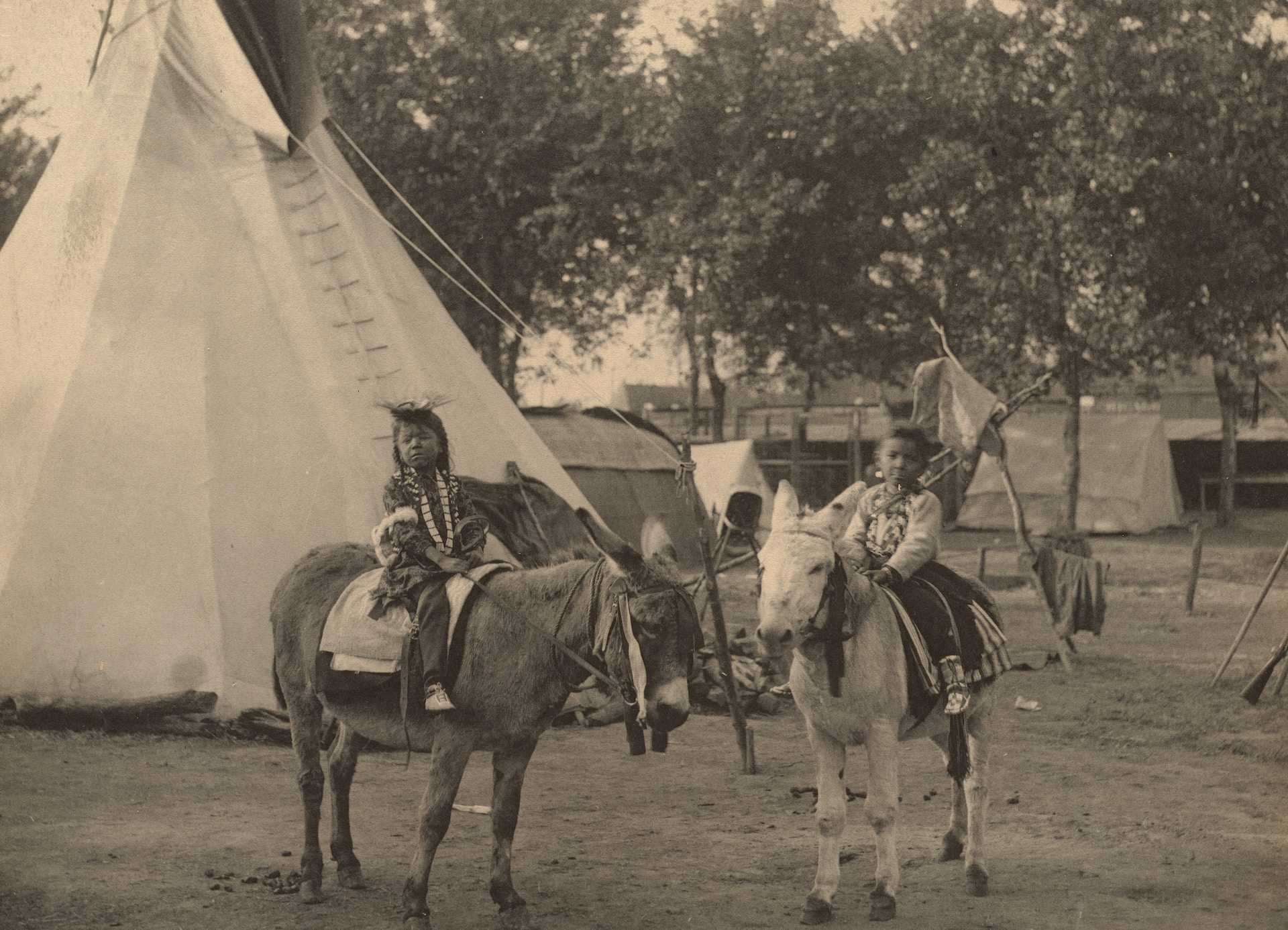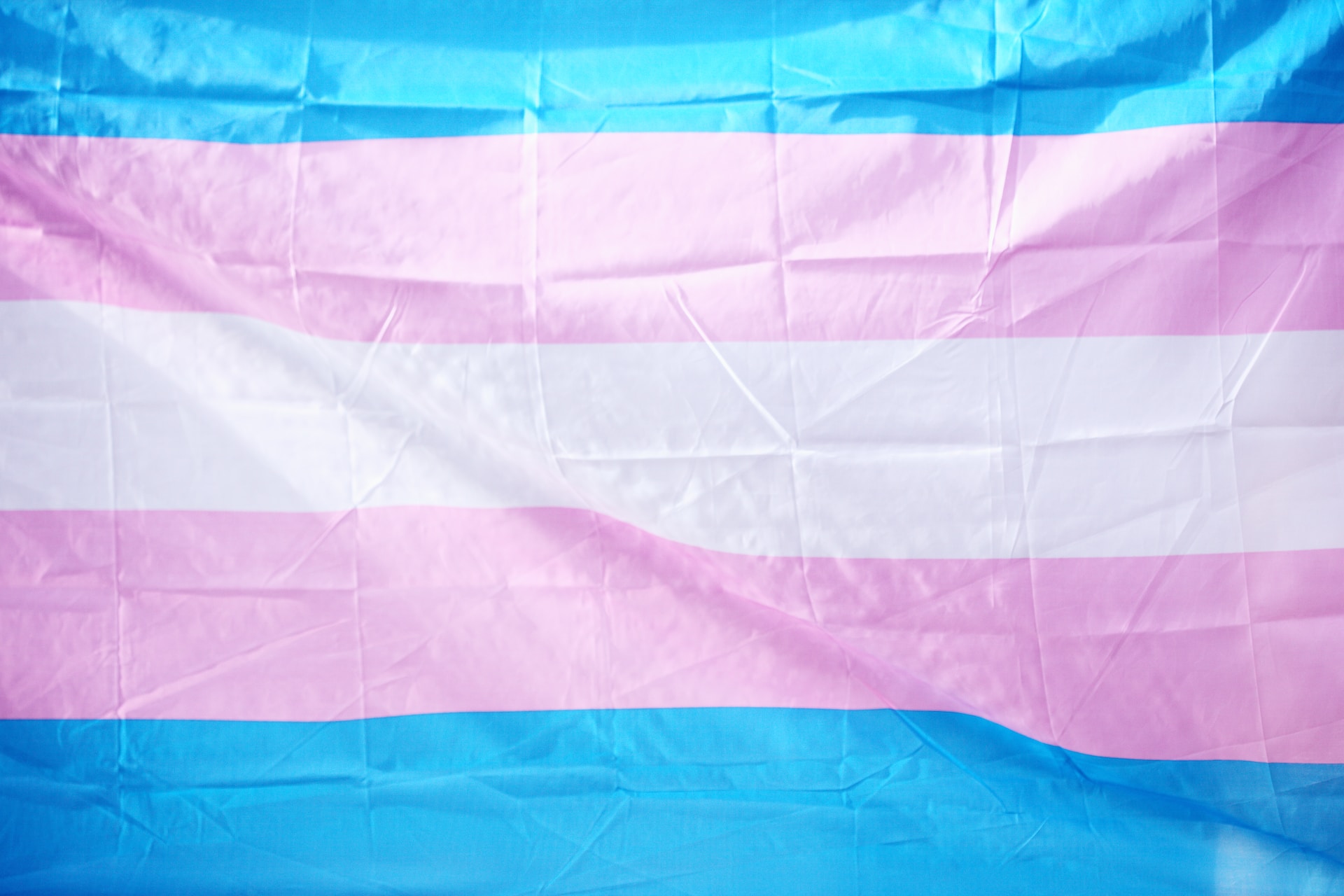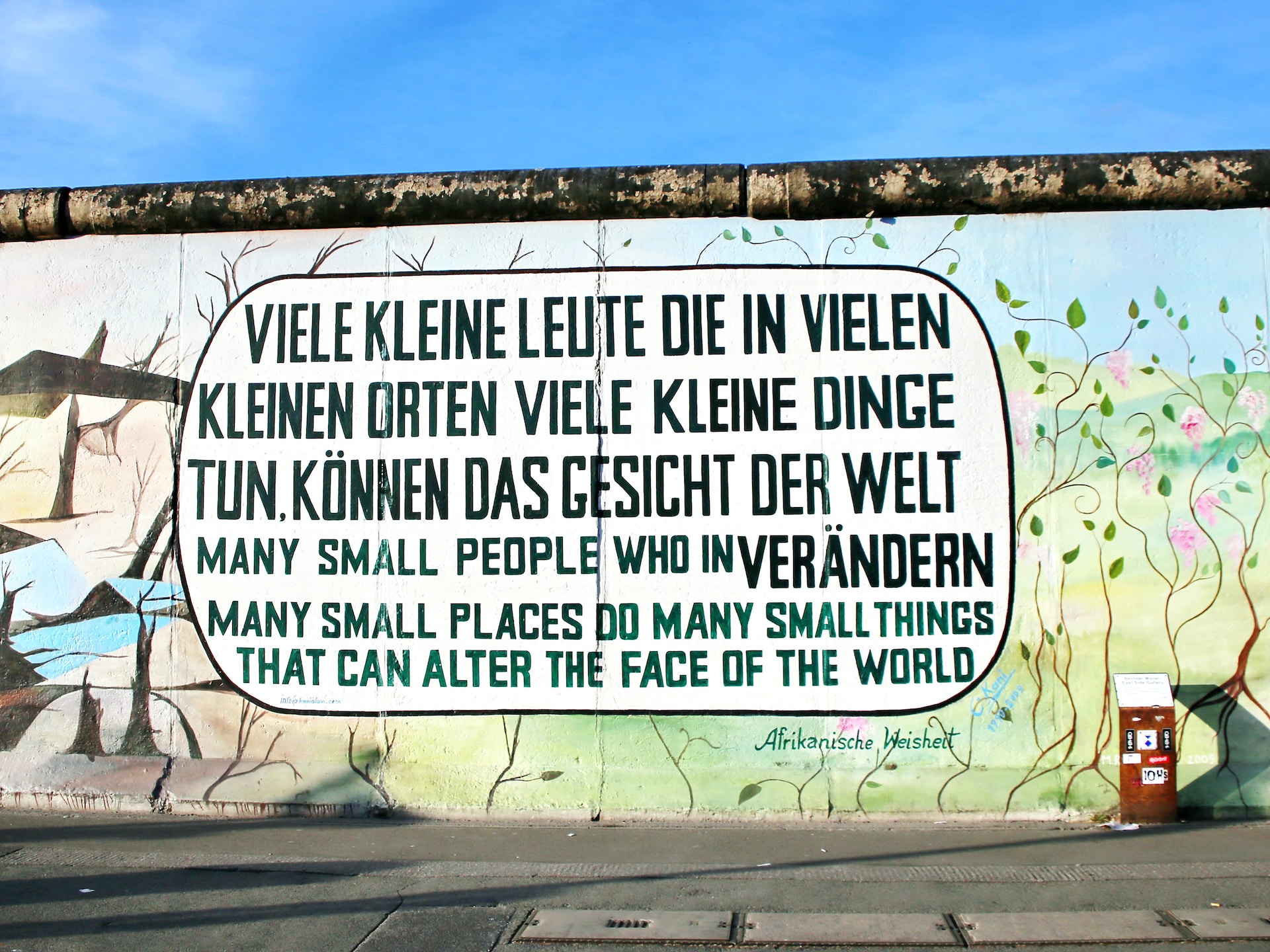The Friday after Thanksgiving is often dubbed “Black Friday” because consumer spending puts retailers’ revenues “in the black.” As a counter to big business, the day after has been declared “Small Business Saturday.” Use these hooks to share the Shop Your Values campaign run by the Main Street Alliance that supports small businesses that are actively advocating for economic and racial justice across the country. Also see Give Women Your Money: A Shoppable Spreadsheet for women-lead businesses and Color of Change’s Black Business Green Book.
Tag: social justice
Thanksgiving Weekend
Thanksgiving is often a time when tough or awkward conversations arise around the dinner table. Use these tools to keep your conversations focused on values.
Tamir Rice
On this day in 2014, police shot and killed 12-year-old Tamir Rice in Cleveland, Ohio for carrying a toy gun. He died the next day. Discuss the anniversary of his death by citing the values of safety and equity.
Native American activists landed on and occupied Alcatraz Island
On Nov. 20, 1969, Native American activists landed on and occupied Alcatraz Island in the San Francisco Bay. They called themselves “Indians of All Tribes” and issued a proclamation, “We Hold the Rock.” The protest lasted for 19 months until the protest was forcibly ended by the U.S. government. Cite this anniversary as part of Native American History Month by using the values of voice and equity.
Transgender Day of Remembrance / Resilience
Today is Transgender Day of Remembrance / Resilience, honoring those killed by anti-trans violence, which overwhelmingly targets Black and Latinx trans women and femmes. In 2014, the Audre Lorde Project founded Trans Day of Resilience to celebrate the power of the living trans family. When talking about these issues, cite the values of voice and equality.
Desegregation of Buses in Alabama (Browder v. Gayle)
On Nov. 13, 1956, the U.S. Supreme Court struck down segregation on Montgomery buses (Browder v. Gayle) and ordered Alabama to desegregate all public buses. Less than a year before, activist Rosa Parks was arrested for violating bus segregation laws by refusing to give up her bus seat to a white man. Her action launched a boycott of the buses that lasted for months. Fred Gray filed a lawsuit challenging bus segregation in federal district court on behalf of four Black women who had faced discrimination. Use this anniversary to discuss the values of voice and equity.
Transgender Awareness Week
Transgender Awareness Week (November 13th-19th) raises the visibility of transgender and gender non-conforming people in order to address the issues faced by the community. When discussing transgender concerns, be sure to refer to the values of voice, safety, and community.
Hunger and Homelessness Awareness Week
Hunger and Homelessness Awareness Week is sponsored each year by the National Coalition for the Homeless and the National Student Campaign Against Hunger and Homelessness. The event is an annual opportunity for people to come together and draw attention to the problems of hunger and homelessness. When talking about homelessness this week, cite the values of community and economic opportunity.
Sesame Street Airing Anniversary
On Nov. 10, 1969, the public television children’s show, Sesame Street, first aired. At the time, it was the most racially diverse children’s show ever on TV. As one of the actors, Loretta Moore Long, noted, Sesame Street “seeks to bolster the Black and minority child’s self-respect and to portray the multi-ethnic, multicultural world into which both majority and minority child are growing.” Use this anniversary to talk about the need for inclusion and intersectionality in television programs. Cite the values of voice, equity, and community.
Fall of Berlin Wall
On Nov. 9, 1989 the Berlin Wall fell. The anniversary is an opportunity to discuss militarization at the U.S. southern border and pivot to an affirmative vision of what it looks like to protect human rights and invest in creating economic opportunity in border communities. Cite the values of safety and community.







